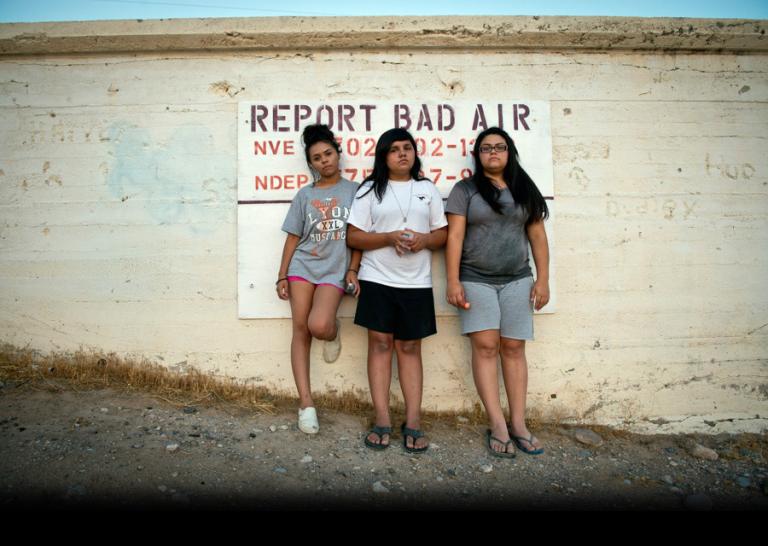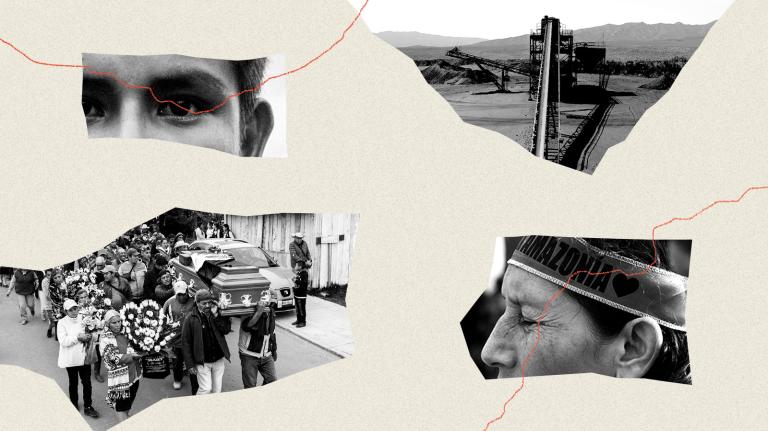1988. That was the year of James Hansen’s now famous congressional testimony on climate change. It was also the first year that climate change came up in the presidential debate cycle. Chicago Tribune reporter Jon Margolis asked Vice Presidential candidates Lloyd Bentsen and Dan Quayle about climate change and fossil fuels. Both agreed that it was time to act. Fast forward 24 years. Today, the science of climate change is incontrovertible, and crushing impacts like drought, wildfires, and flooding are now hitting American communities. And, yet, if Barack Obama and Mitt Romney don’t discuss climate change tonight, it will be the first time since 1988 that the issue was ignored during a presidential debate cycle.
There are a lot of things that could be said about this sad state of affairs, most of them discouraging. If we take presidential debates as a proxy for what our society deems important, we appear to be downgrading climate change in reverse proportion to the threat it presents. The arctic is melting, the Midwest is parched, and the West is burning, yet neither candidate can even bring themselves to say why as they explain to the nation why they should be its next leader.
It would be easy to go on along these lines, but the only conclusion that matters is this: the refusal of the candidates to discuss climate change is a clarion call for anyone who cares about the fate of humanity. We have no choice but to redouble our efforts in demanding that our politicians, corporate leaders, and the media recognize that climate change is the single greatest threat to our economic well being, our health, our national security, and every other aspect of “life as we know it.”
The conventional wisdom of today says there is little hope of meaningful action on climate change in the next four years. The conventional wisdom of 1929 said that older or disabled Americans would have nowhere to turn for support but their families. The conventional wisdom of 1953 said that black children and white children would never sit in the same classrooms. Conventional wisdom always looks rock solid, until it crumbles.
For the past two months, members of Forecast the Facts, Friends of the Earth, Public Citizen, Energy Action Coalition, and other groups have been protesting the Climate Silence of both candidates. Many of those members will continue that protest today. Across the internet, people are taping over their profile pictures with Climate Silence duct tape. You can participate by going to our Twibbon page or our online action center. And in Florida, young people are marching to the debate location to demand action on an issue that will define their future.
There are some people who think that now is not the time for a message that holds both candidates accountable for their refusal to address the defining issue of our time. Their argument is simple: a second Obama term would be immeasurably better for the climate than a Mitt Romney administration. The election is shaping up to be a nail-biter. Now is not the time for accountability, it’s the time for uncritical mobilization. I understand this point of view. It appears, like most conventional wisdom, as solid as stone.
But those who make that argument know full well that, if this past month’s election conversation is any indication, a second Obama term would not come anywhere near the kind of decisive action required to begin to address climate change. And it is in that light that we must remember that every struggle for progress — economic justice, civil rights, peace — has faced these same strategic questions. And each of those struggles has come to the same conclusion: the arc of history does not bend under the weight of conventional wisdom, it bends when conventional wisdom is ignored.
If we want future generations to look back at ours as the time when, to quote 2008 candidate Obama “the rise of the oceans began to slow,” it’s clear that the single most important thing we can do is to make climate change a voting issue, one that candidates at all levels of government feel that they cannot ignore. Chris Hayes, one of the few TV commentators to speak honestly about the scope of the problem, spoke powerfully on this point:
“The only way to get a sane climate debate in our national conversation is to create a cadre of activists and citizens and voters who will balance the ledger, who care as passionately about saving the planet from ruin as those on the other side do about their industry… because they see and understand just as viscerally as the other side, that, yes, this really is a life or death issue not for one industry or one region of one state but for the planet, and every single person we love who lives on it.”
Because we believe in creating that cadre, we are going to keep demanding for an end to Climate Silence. While we can’t guarantee that those in power will respond, one thing we can guarantee today, tomorrow, and every day hence: we will be heard. Please take a moment to join us: http://twibbon.com/support/end-climate-silence.


